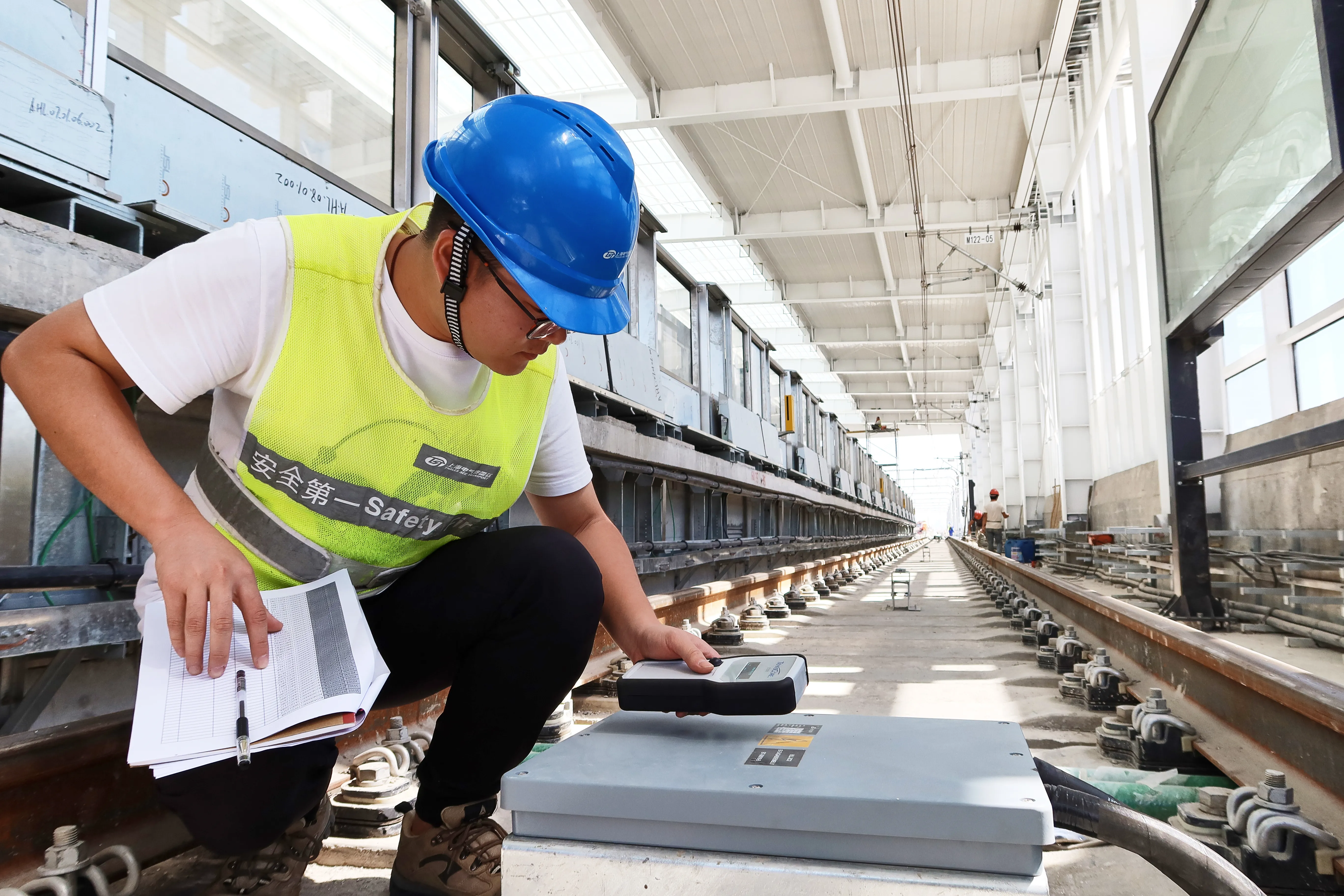Turkey's General Directorate of Highways (KGM or Karayollari Genel Müdürlügü), is ordering power, lighting and ventilation equipment from Siemens for a major tunnel project. The Dorukhan Tunnel linking Mengen and Devrek will be equipped with the package from Siemens, which includes associated safety and communications systems. The size of the deal has not been released and the handover of the new system is scheduled for January 2012.
April 20, 2012
Read time: 2 mins
RSSTurkey's General Directorate of Highways (KGM or Karayollari Genel Müdürlügü), is ordering power, lighting and ventilation equipment from 189 Siemens for a major tunnel project. The Dorukhan Tunnel linking Mengen and Devrek will be equipped with the package from Siemens, which includes associated safety and communications systems. The size of the deal has not been released and the handover of the new system is scheduled for January 2012. meanwhile project to equip Turkey’s DAK (Düzce-Akcakoca-Eregli) tunnel system in the province of Zonguldak, placed with Siemens by KGM at the end of 2010, is already close to completion. The Turkish Transportation Ministry is investing heavily at present in a bid to develop the country's highway network. In September 2009, together with Turkey's General Directorate of Highways, KGM, the ministry presented plans for 12 new highway routes, which are due to be completed by 2023. In the provinces of Kastamonu, Zonguldak and Düzce on the Black Sea, extensive construction projects are either already underway or due to commence. One such construction project is the 1,050m long Dorukhan Tunnel on the Kastamonu Highway. Siemens is responsible for power supply and distribution for the tunnel and will supply the entire communications and automation equipment. The safety systems will include camera and video surveillance based on CCTV. The Automatic Incident Detection System not only helps to identify traffic jams and accidents but can also detect any build-up of smoke. With the help of sensors, modern lighting and ventilation systems monitor visibility and air quality. All of the ventilation, lighting, traffic control and safety systems are connected to the Supervisory Control and Data Acquisition (SCADA) control system, which also monitors them. An important factor in Siemens receiving the order was the positive experience the Turkish General Directorate of Highways has had with Siemens in previous tunnel construction projects in Turkey, such as the Nefise Akçelik Tunnel commissioned in 2007.







